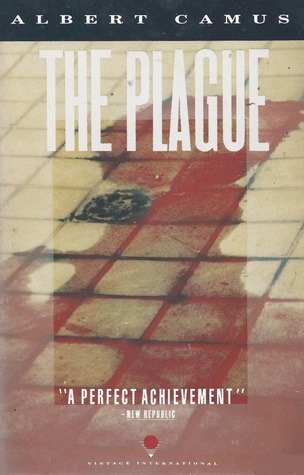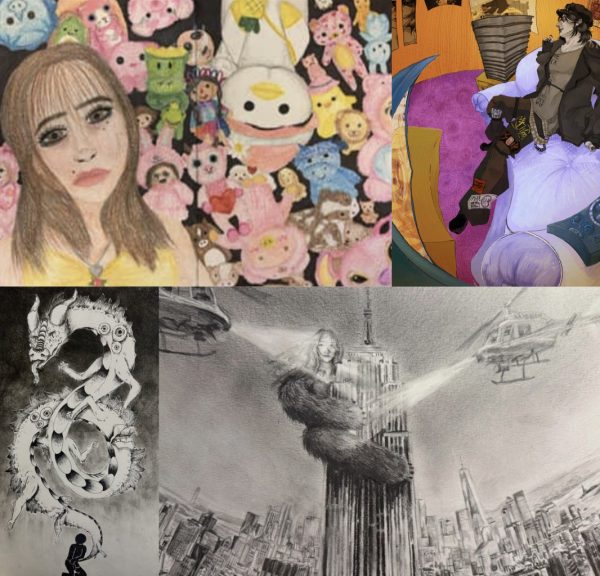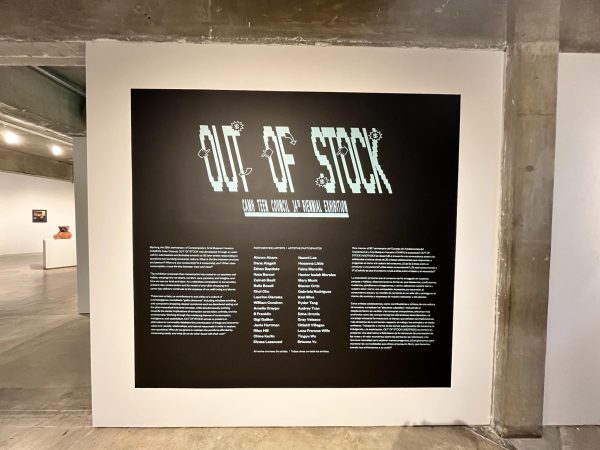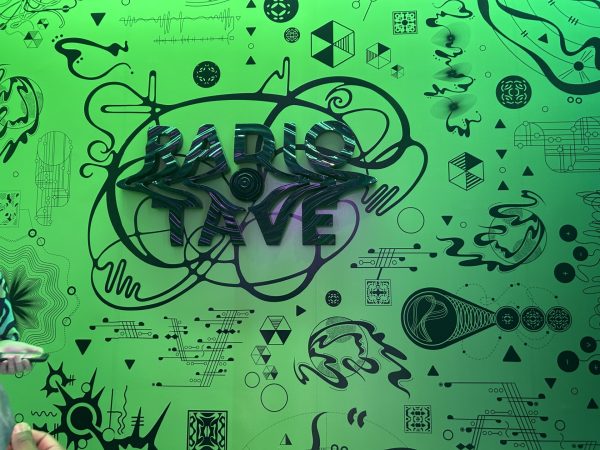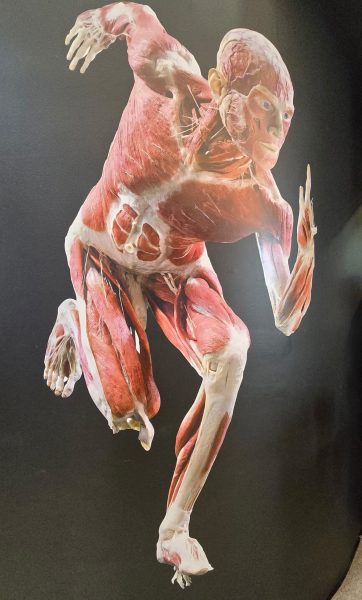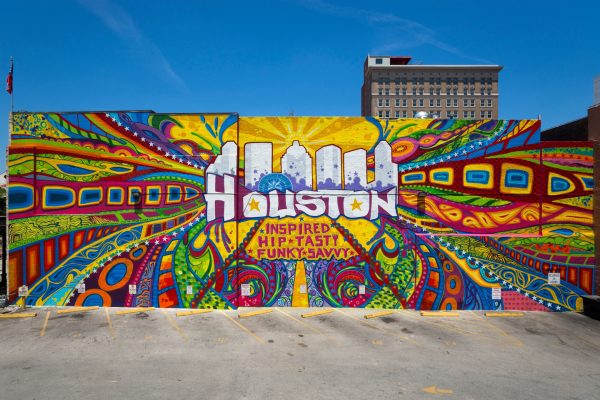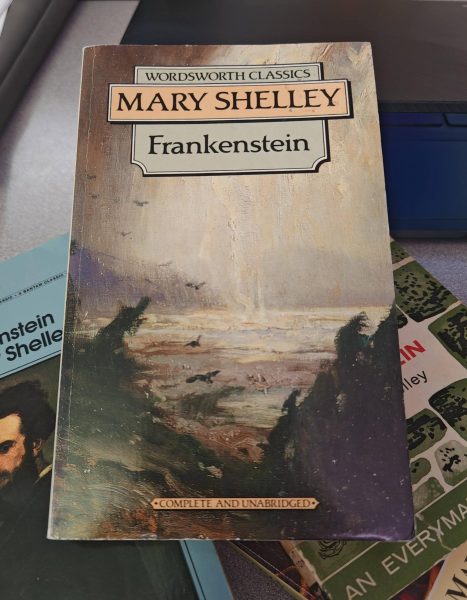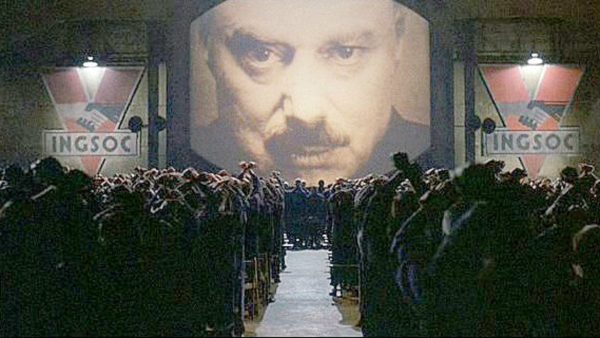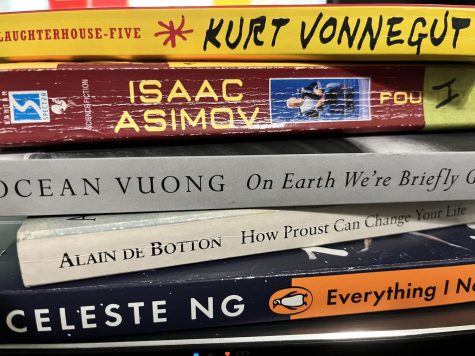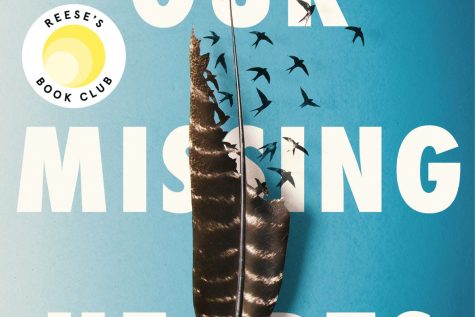In 2020 we find new meaning in Camus’ The Plague
Never has ‘La Peste’, or The Plague, as it has been translated in English, been more relevant. It’s now a classic commentary on the human condition, and its striking message of resistance only rings louder today. Albert Camus, who penned The Plague, was a Nobel Prize winning French Algerian novelist and philosopher whose work often found themes of absurdism*.
The Plague, arguably his most ambitious novel, is set in a city in which all of its citizens are forced into isolation after an epidemic breaks out (sound familiar?). The novel paints a beautifully complex picture, taking place in dusty, unremarkable Oran, a coastal Algerian town. The citizens of Oran at first glance appear about as colorful as the city which surrounds them- each of them complacent in the mundaneness of their surroundings. They are never confronted with morality, or even mortality for that matter.
Then comes the strange business of rats convulsing and dying brutally in the streets. Not long after, the first man, a simple clerk, begins to convulse and bleed in exactly the manner of the rats. So it begins.
Enter Dr. Rieux, the novel’s protagonist, a trusted, well meaning doctor who cannot explain the mass dying- only try to help. It is impossible to not see our own reflection in Dr. Rieux and the citizens of Oran. “No longer were there individual destinies; only a collective destiny, made of plague” Camus writes.
We see ourselves in the confused and ineffective authority, the looting as a direct result, we even see ourselves in those who deny the reality of the plague. Most of all we see ourselves in the excruciatingly poignant picture which Camus writes of human nature. “What we learn in time of pestilence: that there are more things to admire in men than to despise,” Camus writes. The sacrifices and selfishness, the suffering and loss, the hatred and pity, the inexplicable anguish which Dr. Rieux and his compatriots just can’t seem to stop all crash and collide to create Camus’ absurdist masterpiece.
Through Camus’s evocative imagery you will become attached to the character’s, feeling every loss, celebrating every inch of ground they gain. This novel is perfect if you wish to start reading philosophical novels and texts but don’t know where to start. More than his other works, Camus creates complex, twisted, humanly contradictory characters which throughout the novel we get to know, and even care about, intimately. What makes The Plague so accessible is the exquisite storytelling and character building Camus utilizes. The Plague serves as a vibrant allegory for the times in which it was written, but in 2020 we find new meaning in its potent timelessness.
*In the most simple of terms, absurdism is the belief that a human search for meaning is inherently purposeless and contradictory to the nature of the universe.
Your donation will support the student journalists of Carnegie Vanguard High School. Your contribution will allow us to cover our annual website hosting costs and fund field trips, competition fees, and equipment. We appreciate your support!

Howdy! My name is Sofia Hegstrom and I am a senior who loves to read.


